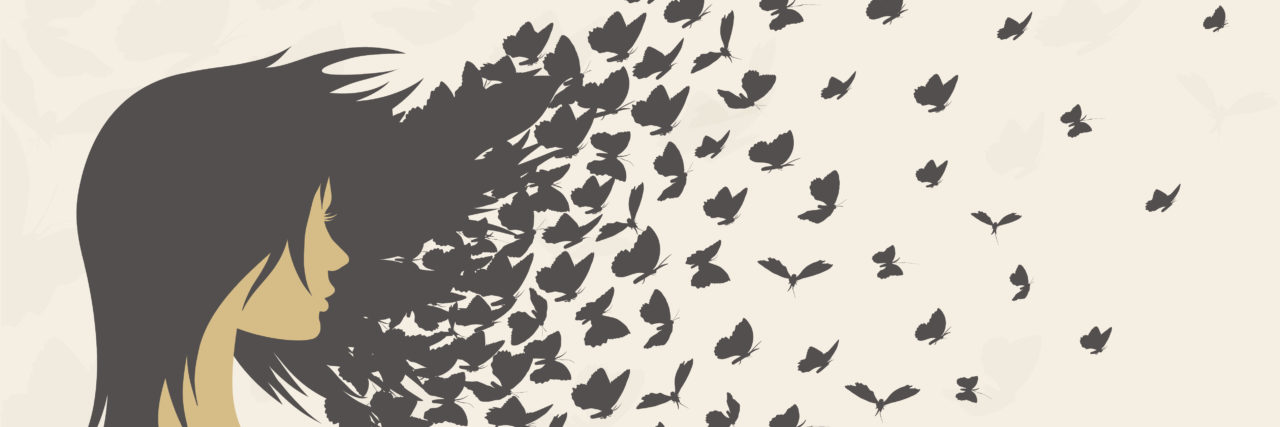It’s been a while since I’ve been able to assemble some coherent thoughts on a page. Life has been jumbled and fitful, full of flares and attempts to continue putting one foot in front of the other. But in recent weeks, I’ve narrowed some of the struggle down to hope, or more accurately, the conflict it’s been causing. In my case of living with lupus, hope drags up some pretty difficult emotions: both an unhealthy focus on the future, and difficulty with finding satisfaction or happiness in the present.
From a clinical perspective, hope is the focus of numerous questions on the standard depression screenings many of us take at our specialists’ appointments. And it’s safe to say that most people who have taken an introductory psychology course know Elizabeth Kubler-Ross’ work on the five stages of grief — acceptance being the final element of that model in the textbook sense. But many of us who have grieved a chronic or life-threatening illness know those “stages” are not individual, one-way steps, but a cyclical process we move around and through, sometimes multiple times. The reality for us is that hope and acceptance are complicated.
In the world outside of chronic illness, hope is generally a positive feature of people’s lives — it’s a guidepost and a stress reliever, a bright spot in difficult circumstances. Hope, especially in the way it’s portrayed in current pop-culture and pop-psychology, turns our gaze forward: upward mobility, a better time in the future, a different set of circumstances, an end to feeling as sick as you do now, it can be addictive. Hope tells us that things will change, and so it’s easy to yearn for the future — to want to put all of your emotional energy into believing that things are going to be different if you can just get over that next obstacle, or if you can just be patient enough. So you do that. But what if the future also includes a major decline from your illness and all of the fear that comes with it? What if the reality of your illness has made you work to accept that your physical future is going to include significant difficulty?
For so many of us, there’s a caveat to forward-facing hope — it’s a double-edged sword that cuts a deep desire for what could be on one side, and a fear of disappointment on the other. You simultaneously hope for something better while fearing the long-term effects of your disease, and those feelings can be so tumultuous that you can lose your perspective on the present. Instead of being content with the day-to-day and taking life as it comes, anxiety nudges your thought process into competing, forward-seeking patterns: “I need things to change now. I need the good things to happen now,” and “I’m only going to get worse with time. I shouldn’t hope because it will only end in disappointment.” And those thoughts can drag the strongest person to their knees.
It’s important in all of this to remember that a lack of hope can be a symptom of clinical depression and other disease complications, so it should not be ignored. But it is equally important for our loved ones and caretakers to understand that a lack of hope does not automatically mean something negative. A lack of hope can also signal acceptance of our reality and an attempt to live in the everyday moments.
So “hope” (especially for those of us with illnesses that will significantly affect our futures) mutually gives and takes. It can signal joy and provide strength to endure, or when combined with fear, can produce anxiety that rolls in like a fog over the present, leaving us unable to see what we have right in front of us. But even more often, a lack of hope can simply be a healthy acceptance of our reality. If you have a loved one or someone you’re caring for who is chronically ill and experiencing a lack of hope, please ask us how it feels, especially if you’re concerned about symptoms of depression. But also know that we often have a nuanced relationship with hope as part of our emotional well-being, and it’s a situation we’ve probably thought deeply about.
Getty image by Panacea Doll.

